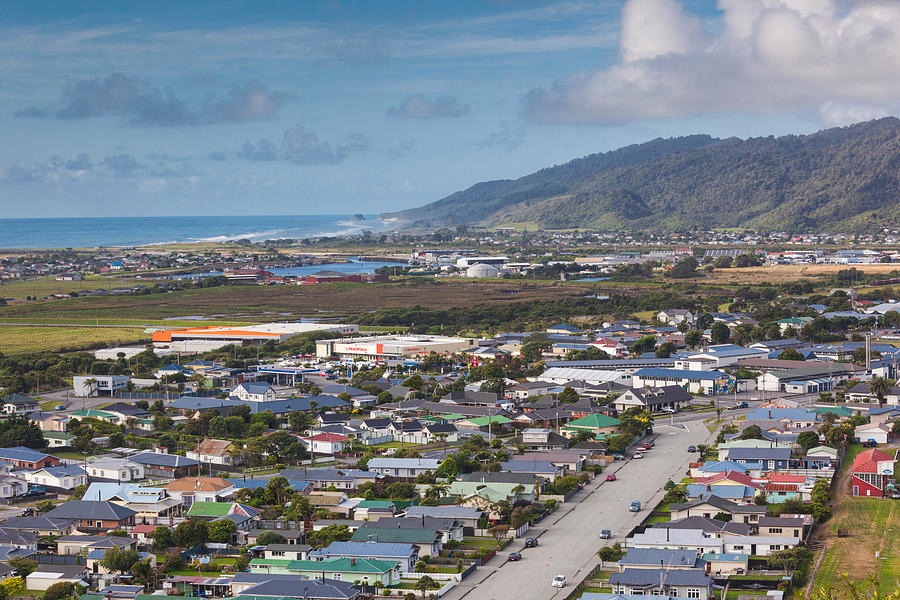Published on 14th of January, 2022

CMM offers services to every region of the upper South Island and the West Coast. In response to the deepening countrywide housing crisis, the organisation has provided emergency and transitional housing support on the West Coast since early 2020.
Described by the Human Rights Commissioner Paul Hunt as "a human rights crisis encompassing homeownership, market renting, state housing and homelessness" when he launched an inquiry into our housing problems in August last year, the forces that over the past decades has resulted in these problems see an estimated 300,000 Kiwi families today either living in unacceptable housing conditions or unable to secure accommodation at all.
The scale of the problem facing New Zealand can be viewed in a global context: when Commissioner Hunt launched the inquiry, property prices had soared by the most among OECD nations, rising 30% in the previous year alone.
Based in Greymouth, the two-person Emergency Housing Navigator team of Karyn Andersen and Dougal Gunn provides services in Hokitika and Westport as well. Their work is delivered under contract to the Ministry of Social Development.
Karyn and Dougal say the main challenge they face is the absence of local transitional housing providers and “only a small social housing stock”.
“As Emergency Housing Navigators we work holistically with whānau to identify their needs and to develop a plan to address them. We also broker access to a range of health, education or social services providers.
“This support might look like helping whānau register with real estate brokers, apply for social housing, take whānau to property viewings, and look at home start loans and KiwiSaver opportunities,” Karyn says. “We also work with emergency housing providers to ensure that having our whānau stay with them is a positive experience for all concerned.”
Interventions are designed to run from four to six weeks, to identify their clients’ dreams and “to walk beside them” as they move towards achieving them. Dougal says that although service provision is meant to be brief, they have the discretion to extend this based on need and in some cases they are able to support kaewa (clients) for well over a year.
“This (flexibility in approach) radically changes the nature of the work that we need to do with them,” Dougal says.
Apart from the challenges caused by a lack of housing stock, the team are concerned by how kaewa are affected by the increasing incidence of severe weather events. When heavy rainfall resulted in widespread flooding on the West Coast in July last year, many properties sustained widespread damage.
“The flooding really affected whānau who were next to be offered Kāinga Ora homes. Kāinga Ora homes about to have a retrofit were immediately tenanted by Kāinga Ora clients whose homes had been flooded. This meant a longer stay in emergency housing for our whānau,” Karyn explains.
For Karyn, the highlight of her role is seeing “the excitement and relief” when whānau are offered a home. “Having a home enhances a person’s mana and sparks hope for a better future,“ she says.
Dougal says the opportunity to provide a little kindness to people who have not seen a great deal of it in their lives is a true blessing. “We are very fortunate in the holistic approach we are able to take in working with our kaewa. For example, I was able to engage with a client who suffered from massive anxiety but loved board games; by playing games with them and engaging and building rapport through that medium.”
